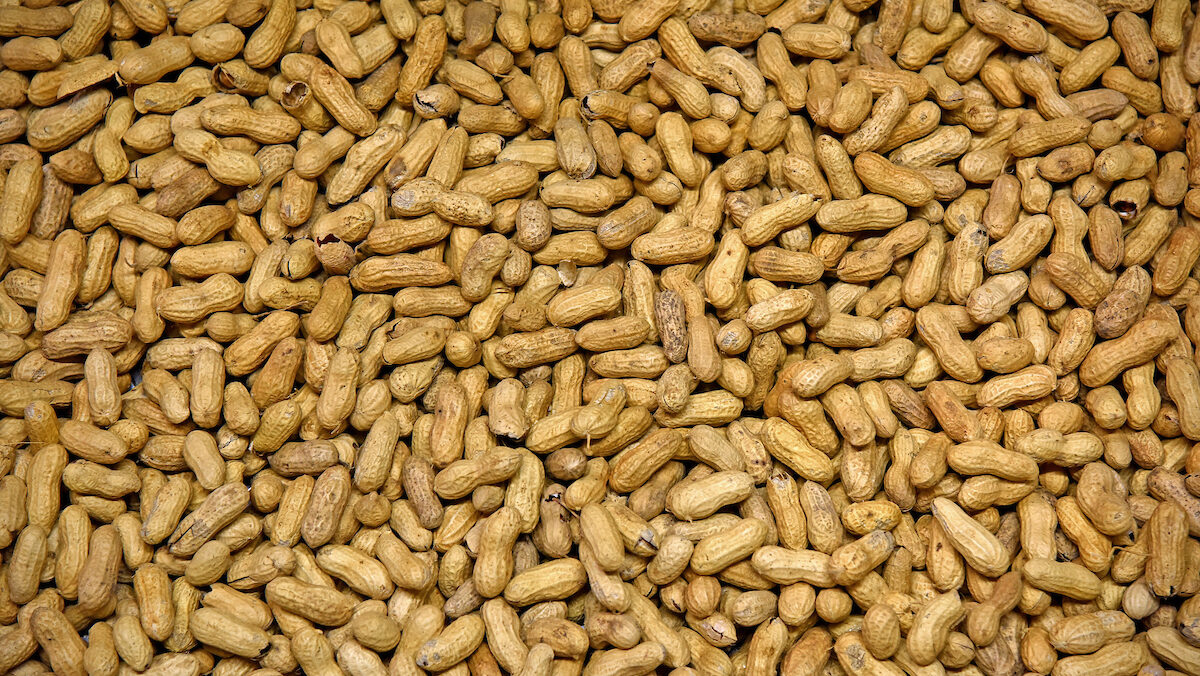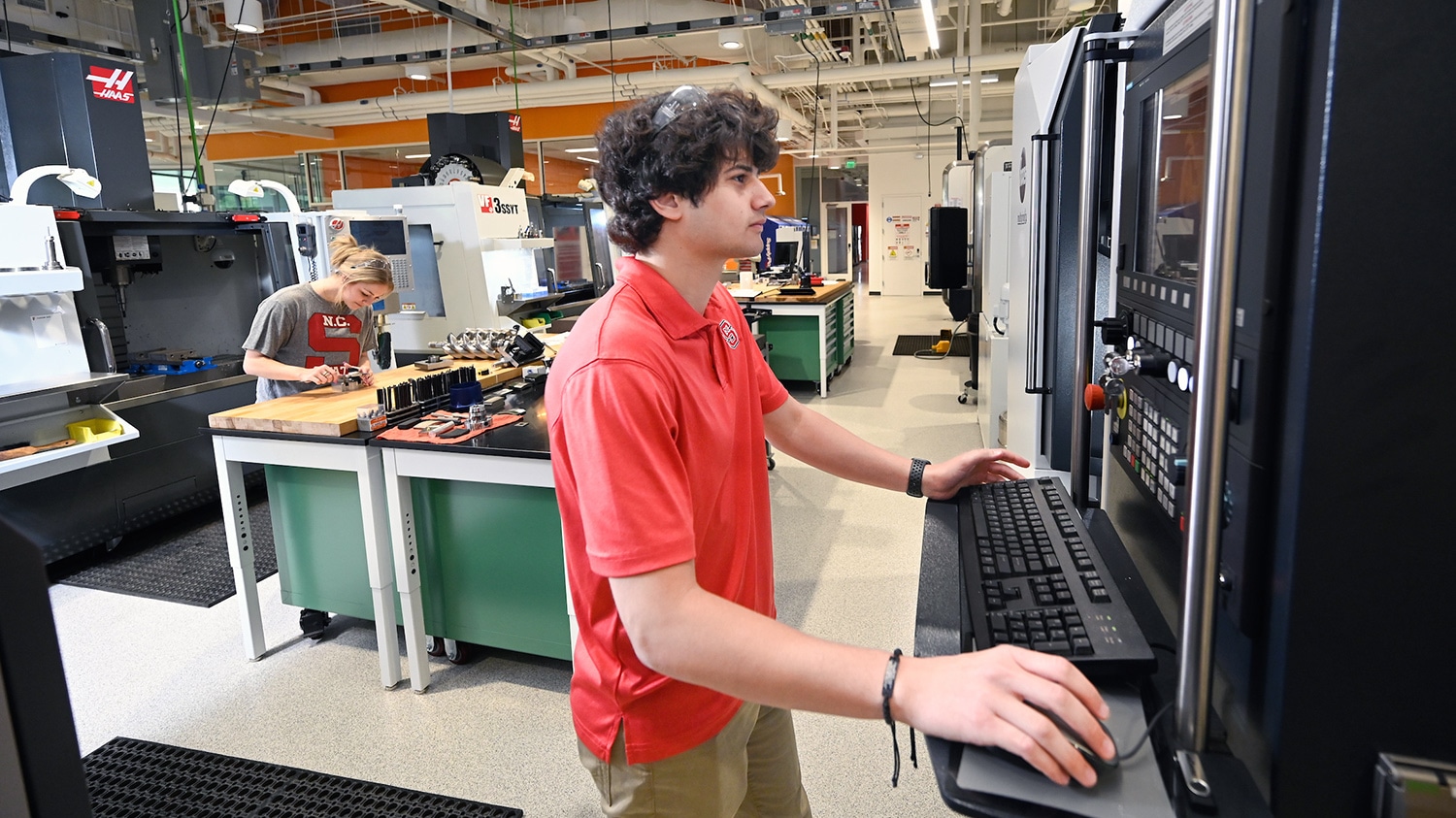Lomax Named NC State’s Vice Chancellor for Research and Graduate Studies
Dr. Terri L. Lomax has been named vice chancellor for research and graduate studies at North Carolina State University. Chancellor James Oblinger made the announcement today following approval by the NC State Board of Trustees’ Academic Affairs and Personnel Committee. The appointment will become effective Jan. 12, 2009.
“The vice chancellor for research is a key position in the university’s research enterprise,” Chancellor James Oblinger said. “Terri Lomax has more than 20 years of experience, including her work at NASA. She brings the leadership and creativity necessary to manage our broad and extensive research efforts and ensure growth in a time of intense budgetary pressures.”
The vice chancellor for research and graduate studies oversees the administration of NC State’s research and development expenditures, federal relations, research funding and compliance, technology transfer and commercialization, Centennial Campus partnerships, and the Graduate School. These responsibilities include managing a budget of more than $300 million in research expenditures – NC State is ranked 9th nationally in total research expenditures among public universities without medical schools – and oversight of the more than 7,000 graduate students at NC State.
Lomax has served as interim vice chancellor for research and graduate studies since June 2008. Prior to that she was dean of NC State’s Graduate School, where she led the development and implementation of a strategic plan for graduate education. As a result of her efforts, the Graduate School increased career-oriented skills training and professional development options, increased numbers of professional degrees, and provided interdisciplinary and international opportunities that enhanced its ability to recruit and retain the best and brightest graduate students.
Prior to coming to NC State, Lomax served at NASA Headquarters in Washington, D.C., first as division director of the $160 million Fundamental Space Biology program, then as acting deputy associate administrator for research for the Exploration Systems Mission Directorate, developing policy and direction for its $1.8 billion research and technology program, and finally as senior policy analyst. In this role, she provided analytical decision-making support, policy recommendations and advice to senior management on many aspects of NASA programs, with special emphasis on scientific research and education. At the same time, Lomax remained a professor at Oregon State faculty, where she began work in 1987. There, in addition to her research on plant responses to environment, she founded and directed the university’s Program for the Analysis of Biotechnology Issues and Science Connections, a K-12 outreach program.
Lomax has been named a Fulbright Fellow, Carnegie Fellow, National Science Foundation Postdoctoral Fellow and Monsanto Research Fellow. She was selected as an Aldo Leopold Leadership Program Fellow and received intensive training in communicating complex issues to the media, policy makers, business leaders, and the public. In 2004, she was presented with the Founder’s Award of the American Society of Gravitational and Space Biology. A recipient of several faculty awards at Oregon State, she was named the Mortar Board “Top Prof” in 2002.
She serves on numerous boards, including the National Institute for Aerospace, the Research Triangle Institute, Inc., the Southeastern Universities Research Association, and the UT-Battelle Board of Governors. She is currently president-elect of the American Society of Gravitational and Space Biology. A noted researcher in the areas of space biology and plant sensory genomics, Lomax has received grant and contract support totaling more than $9 million for her work on 23 projects from the National Science Foundation, USDA, and NASA, among others.
Lomax earned a bachelor’s degree in botany from the University of Washington. She earned a master’s degree in botany/biology from San Diego State University and a doctorate in biological sciences from Stanford University.
-30-


